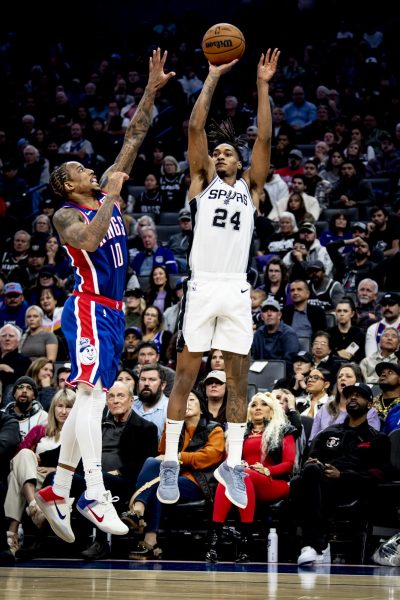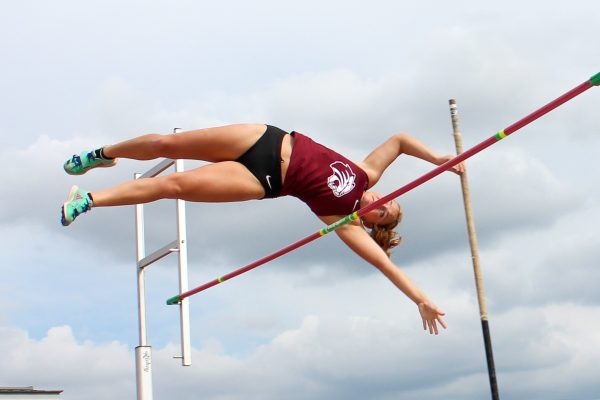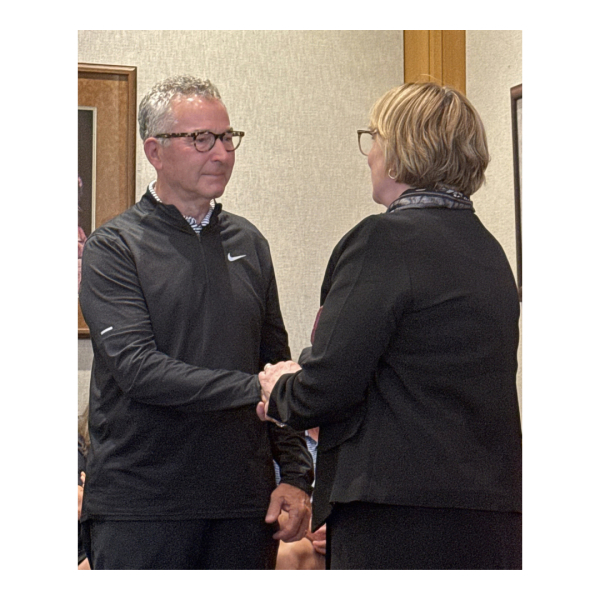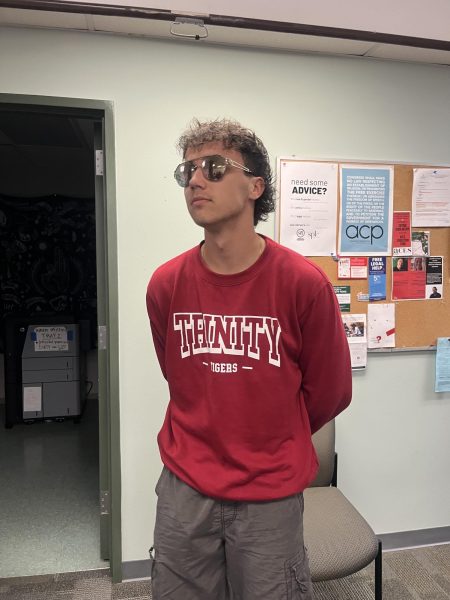How sports culture is connected to domestic violence and abuse
Tubi’s Super Bowl ad continues conversation about sports and fan violence
A woman is sitting on a couch watching the Super Bowl with her partner. During the commercial break, the broadcasters suddenly reappear on the screen, commentating on the play-by-play of the game. Just as quickly, a settings menu pops up and it appears as though someone is using the remote to open Tubi, a free streaming service. Her partner jumps up in rage, yelling violently at her for changing the channel during the game. He ends up punching a hole in the wall, as she tries to convince him that it was a commercial for Tubi and not her doing.
This is just one reported example of the types of violent incidents occurring across the country in response to Tubi’s Super Bowl commercial. Domestic violence has long been prevalent far beyond the realm of sports, as one in three women and one in four men have experienced some form of physical violence by an intimate partner, according to research conducted by the National Coalition Against Domestic Violence (NCADV). Unfortunately, violence, physical and emotional, continues to be severely underreported.
Nonetheless, there seems to be a perverse link between intimate partner violence and sporting events in the United States and across the world. According to a study conducted specifically focusing on the U.S. and the NFL, there are higher total domestic violence arrests on NFL game day Sundays in comparison to Sundays when no games are played. In England, a Lancaster University study showed that domestic violence reports rose by 38% when the English national soccer team lost and still a 26% increase when they won.
To be clear, the organizers of professional sports and sporting events should not be held culpable for these horrific events of domestic violence. Ultimately, the person who commits these heinous acts against an intimate partner or family member is fully responsible for the violence they cause.
The so-called ‘holy trinity’ of alcohol, hegemonic masculinity, and sports helps us begin to understand this association between domestic violence and televised sporting events. Such violence, oftentimes, occurs at the hands of males attempting to legitimize or reinforce their societal and domestic dominance, illustrating hegemonic masculinity. Historically, playing sports has reinforced the “masculine” qualities of endurance and strength, frequently through physical violence. Thus, the culture of sports is inextricably linked to hegemonic masculinity by normalizing aggression across society.
Across social contexts, high alcohol consumption contributes to the frequency and severity of such violence at the hands of males. Alcohol use, while certainly a factor in domestic violence, is not specifically a cause of such behavior. However, excess alcohol consumption often enables this violence because it leaves perpetrators, law enforcement and sometimes even survivors to label these as single-trigger incidents. This masks the sinister pattern of domestic abuse and denies full responsibility on the part of the person who committed the violence.
The problem of intimate partner and domestic violence is an epidemic that continues to run rampant beyond the sports realm, not only in the United States but across the globe. It is difficult to recognize that sports, what brings so many communities together, is also associated with such a heinous and systemic issue. But it is with this global platform of professional sports that the issue can be acknowledged and actions can be taken to change the culture that normalizes domestic violence.
For example, the Mentors in Violence Prevention (MVP) program has worked with several professional sports teams, including the San Antonio Spurs, to teach them about the societal assumptions about masculinity and femininity that lead to domestic violence and how they can be advocates for systemic change.
Imagine if next Super Bowl, Patrick Mahomes or Lebron James or Simone Biles, with their wide-ranging fandoms, made a commercial acknowledging domestic violence, especially related to sports and sport events, and denounced it as antithetical to the values of playing and watching sports; perhaps there would begin to be a change in our culture that would prevent changing the channel on game day from resulting in a hole in the wall — or much worse.

Hello, y'all! I'm Abby Power, and I am a sophomore news reporter from Kyle, Texas. I intend to major in Political Science, Spanish, and Global Latinx Studies....

I'm Tony Rodriguez! I'm a junior from San Antonio, TX, majoring in math, and I worked as a copy editor for the Trinitonian about two years ago and am now...





